Recently, MEDLATEC General Hospital admitted a 53-year-old male patient who came for examination due to epigastric pain. At the time of examination, the patient wanted to have an endoscopy because he had a history of gastric ulcers.
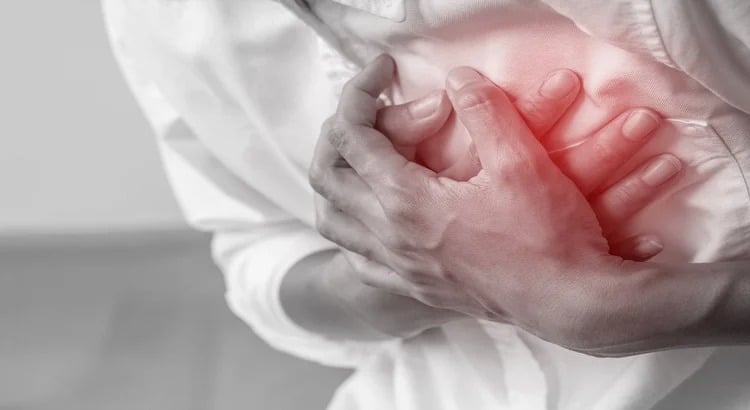 |
| Illustration photo. |
However, during the examination, the doctor took the patient's medical history and noticed unusual signs that were not typical of gastric disease. The epigastric pain appeared during exertion, such as when climbing stairs, and decreased during rest. The patient also had a history of high blood pressure and was taking medication.
With these signs, Dr. Minh convinced the patient to switch to a Cardiology specialist instead of a gastroscopy.
The electrocardiogram results were normal, but the Troponin T hs test showed a very high increase, 1425 ng/mL, while the normal threshold is below 14 ng/mL. Troponin T is a specific biomarker that helps diagnose acute myocardial injury. From here, the patient was diagnosed with non-ST elevation myocardial infarction and was immediately transferred to emergency coronary intervention, with a stent placed.
After two days of intensive treatment, the patient’s health condition stabilized. He returned to the hospital to thank the medical team, especially Dr. Minh, for their timely and accurate diagnosis, which helped him escape “death’s door”.
Many people wonder why people aged 49 or 53 often have cardiovascular problems. According to Dr. Minh, these are transitional milestones in the body, when hormones change and blood vessels begin to harden significantly.
In men, this stage is often when work pressure, stress, and years of accumulated alcohol consumption “take effect”. Blood pressure, blood fat, and blood sugar begin to increase secretly, creating the foundation for atherosclerosis.
In addition, many people at this age are complacent because they think they are still healthy, so they rarely go for regular health check-ups. When the coronary arteries are narrowed, climbing stairs or being a little stressed can trigger chest pain or “fake stomach pain”.
Through the above case, Dr. Minh warned that myocardial infarction does not always have typical symptoms of chest pain and shortness of breath.
In addition to these two signs, the patient may experience a feeling of heaviness in the chest; pain in the chest, back, jaw, arm or epigastric region; unusual fatigue; cold sweats; nausea, vomiting; sudden dizziness or lightheadedness; rapid heartbeat. These symptoms can be fleeting and vague, so the patient needs to be vigilant.
If any of the above abnormal symptoms appear, the patient should immediately go to a medical facility capable of cardiovascular intervention for timely diagnosis and treatment. The "golden hour" in the treatment of myocardial infarction is the first 1-2 hours from the onset of symptoms.
Dr. Minh also recommends that people over 50 years old need regular heart check-ups to detect and prevent dangerous cardiovascular diseases early.
Source: https://baodautu.vn/nhoi-mau-co-tim-nup-bong-trieu-chung-cua-benh-da-day-d387305.html



![[Photo] Cutting hills to make way for people to travel on route 14E that suffered landslides](https://vphoto.vietnam.vn/thumb/1200x675/vietnam/resource/IMAGE/2025/11/08/1762599969318_ndo_br_thiet-ke-chua-co-ten-2025-11-08t154639923-png.webp)






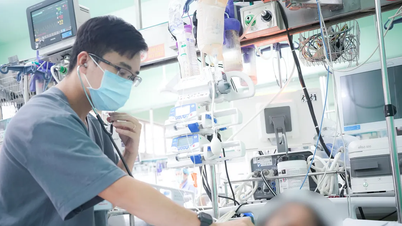

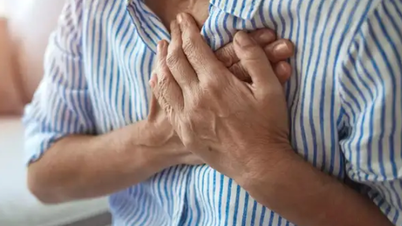

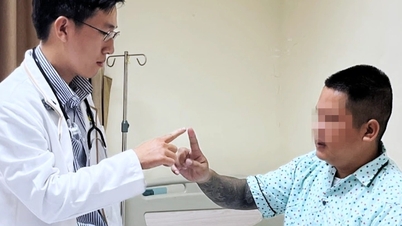




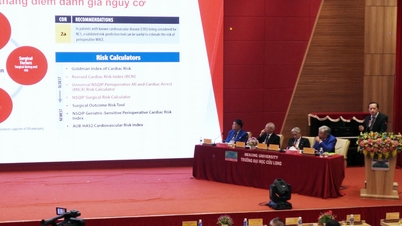



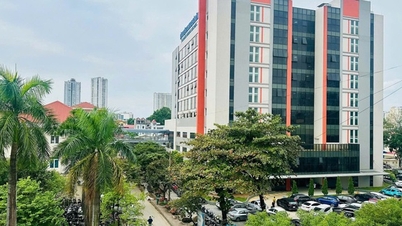
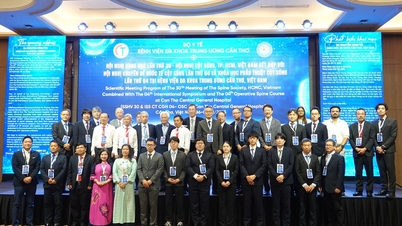












![[Photo] "Ship graveyard" on Xuan Dai Bay](https://vphoto.vietnam.vn/thumb/1200x675/vietnam/resource/IMAGE/2025/11/08/1762577162805_ndo_br_tb5-jpg.webp)







![[Video] Hue Monuments reopen to welcome visitors](https://vphoto.vietnam.vn/thumb/402x226/vietnam/resource/IMAGE/2025/11/05/1762301089171_dung01-05-43-09still013-jpg.webp)








































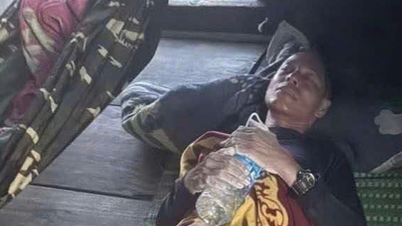




















Comment (0)